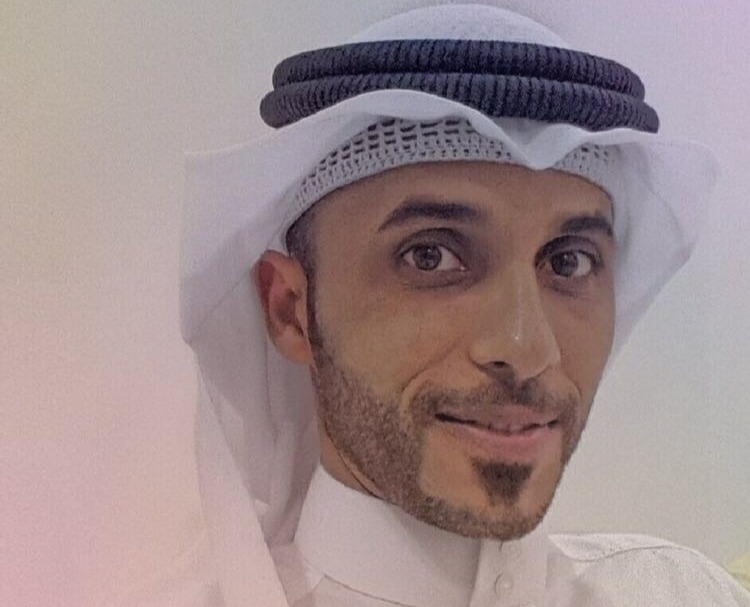Ali Hasan Ali Saleh is a former ambulance driver sentenced to a 15-year prison term in an unfair trial on 31 January 2018 in Bahrain. He is currently in Jau Prison awaiting appeal, where he continues to be subjected to torture and ill treatment by the authorities.
On 9 February 2017, the Ministry of Interior (MoI)’s Coast Guard arrested Ali at sea on 9 February 2017 during a joint operation with the MoI’s Criminal Investigations Directorate (CID), the MoI’s Special Security Force Command, and the National Security Agency. During the arrest, Ali was shot in the shoulder. While the MoI claims that security personnel exchanged gunfire with individuals on the boat with Ali, killing three other persons, there are significant inconsistencies in the government account that have been aggravated by further evidence of abuse and extrajudicial violence. After apprehending him, the authorities took Ali to the CID facility in Adliya without providing medical treatment for his wound.
While at the CID, officers severely tortured Ali, keeping him handcuffed and restraining his legs for the duration of the interrogation. He was also blindfolded for the majority of the period. At times, officers transferred Ali between the CID facility and an interrogation building at Jau Prison, where they also tortured him.
The officers beat Ali (mainly on the head), stripped him of his clothes (exposing him to cold temperatures), and threatened to subject him to electric shocks if he did not confess. They forced him to stand for 24-hour periods, and sometimes for as long as two days. Officers also threatened Ali with sexual assault and to bring in Ali’s wife so that they could sexually abuse her in his presence. At one point during the torture, officers asked Ali how many children he had. When he responded with two, they said that that was good because he was going to be sentenced to a long time in prison and have his citizenship revoked, so he would not be able to have children after that. The authorities ensured Ali’s fate was sealed even before the trial by torturing him into providing a confession.
As a result of the torture, Ali suffers from continuous pain in his head and is not able to concentrate. On 2 March 2017, officers took Ali to be examined but the doctor did not provide him with any treatment, despite his gunshot wound and the signs of torture. This was the first and only time officers allowed Ali to see a doctor.
On 7 March 2017, the officers transferred Ali to Dry Dock Detention Center. Detaining authorities allowed Ali’s wife to visit for the first time on 12 March 2017. Ali bore clear signs of torture, as well as deep wounds on his wrists from handcuffs. That week, on 16 March 2017, Ali’s family filed a complaint with the MoI Ombudsman. The Ombudsman then transferred the case and their findings to the Office of Public Prosecution’s Special Investigations Unit on 7 May 2017. The family has attempted to reach out to the Unit, but to no avail.
On 17 October 2017, during a hearing specifically concerning Ali, Mohammed Khalid, the officer in charge of the arrest, gave cryptic answers to the questions posed by Ali’s lawyer, ultimately providing no concrete evidence regarding Ali’s charges. Despite this, on 31 January 2018, the court sentenced Ali to 15 years in prison and revoked his citizenship. He was convicted for possession of Kalashnikovs and joining a terrorist cell, still without any clear evidence.
During the transportation to the trial, guards beat Ali and other detainees inside the bus. After the trial, Ali was transferred to Jau Prison, where guards severely beat him and other detainees from the 31 January trial as they entered the prison.
Bahrain’s actions against Ali violate international law, including the Convention Against Torture and Other Cruel, Inhuman or Degrading Treatment or Punishment, the International Covenant on Civil and Political Rights (the Article 9 right to freedom from arbitrary detention), and the International Covenant on Economic, Social and Cultural Rights (the Article 12 right to health). ADHRB calls upon Bahrain to uphold its human rights obligations by annulling Ali’s conviction and ensuring that any subsequent trial is consistent with due process and fair trial rights. We additionally urge the authorities to investigate claims of torture and ill treatment by prison officials, to hold those officials accountable, and to keep Ali’s family informed on the status of his complaints. ADHRB further urges Bahraini officials to provide Ali with necessary medical care, including proper treatment for his injuries sustained while in prison.





